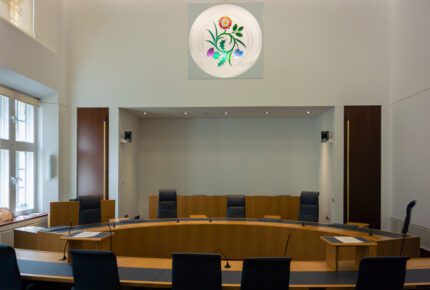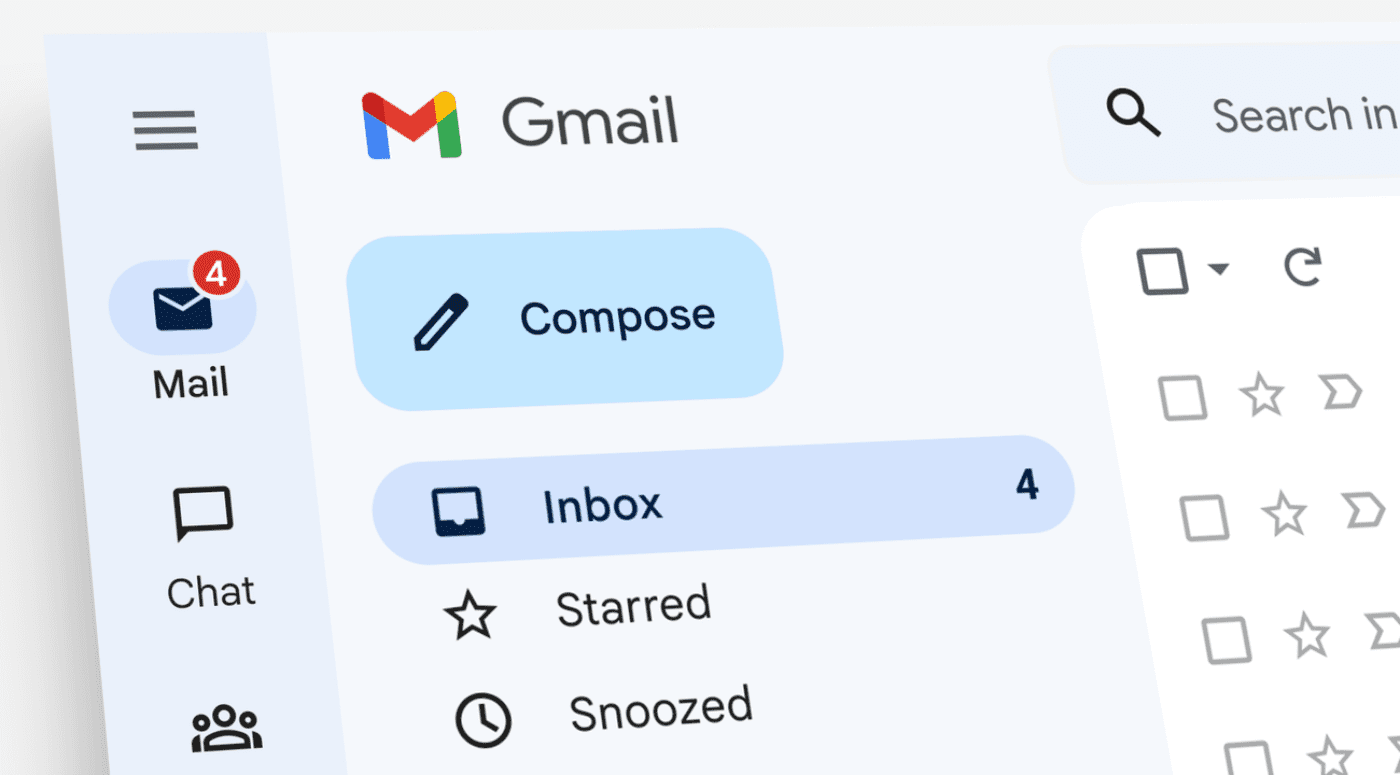

In recent years, criminal investigations have become ever more dependent on our electronic devices and the extensive amount of personal data that they produce and store. Google is one such company that has a holistic grip on its users, providing them with everything from email services to photo backup. If the police have access to a Gmail account, they typically have access to an enormous amount of data that paints a very clear picture of a person’s life. If you are concerned that the police may have accessed your Gmail account or that they are going to as part of an investigation into a criminal offence, this article is for you. We detail some of the most common questions that we get in relation to the police’s ability to access email, and point you in the right direction for getting help if you find yourself in such a situation.
Can the police access my Gmail account to investigate a criminal offence?
When the police are investigating an offence, they have broad powers to access our electronic devices and the information contained therein. The ability of the police to seize or confiscate our electronic devices comes from the Police and Criminal Evidence Act 1984 (PACE). This ground-breaking piece of legislation set out extensive police powers in relation to seizure and confiscations, and it dictates the powers and procedures that the police have today almost three decades since its passing. The powers therein were extended by the Investigatory Powers Act 2016 (IPA), which – among other things – allows the police to remotely access a computer without the user’s permission.
Generally speaking, there are two reasons why the police will be granted permission to read your emails:
- They reasonably believe that the emails are evidence relevant to the investigation of an offence, or
- they reasonably believe that the emails could be evidence of other offences.
Special circumstances apply to cases of suspected terrorism or child sexual offences (such as trafficking). In these cases, the police have greater powers to monitor your communications. These laws are very complex and are generally highly disputed, so it is best to contact an experienced solicitor who can advise on the best way to cooperate (or not) with such an investigation.
So, the short answer is that the police can access your Gmail account to investigate a criminal offence, but they will usually require a court warrant to do so.
How do the police see what you are doing on your computer?
There are two main methods of the police seeing what you do on your computer. The first is known as key logging, which means that the police can see which keys you press and what you click on, which then allows them to determine what you are doing on your computer. The second method involves the police sending a piece of software, akin to a computer virus, to your computer to allow them to access the information contained therein. As is to be expected, the second method enables the police to gather much more information.
How often do the police get warrants to search emails?
Where the police are required to obtain a warrant to search emails and other electronic communications, they are certainly likely to get it. According to the Guardian newspaper, this request is granted by a judge 93% of the time.
Can a Gmail address be traced?
Whether a Gmail address can be traced is the subject of some debate among technologists. Gmail does have extensive hacking protections in place, such as TLS encryption for data transfers and 128-bit encryption for everything else. Encryption will prevent tracing to a certain degree, yet the standard Gmail account is a free product, so there are some who say that all the data Google collects about you could be subject to tracing via hacking or legitimate data requests from law enforcement.
Interestingly, a Gmail account can be created without having to provide real personal data. Undoubtedly, this is a breach of the service’s terms and conditions, which require people to provide their real information to open an account, but thousands of people get away with it every year because there is no enforcement of the rules in that respect (unless you are reported for using fake details).
That you can use fake details to sign up for an account leads many to believe that you can’t actually be traced. That is not the case, however. The use of a Gmail account depends on an internet connection, and that internet connection can reveal your personal identity and even location. The IP address in use at the time you sent your email may sometimes be found in the hidden metadata of an email header, and as a result, it may be possible for some people to trace where the email came from. If you access your Gmail account through POP3 or IMAP (such as if you use email inbox software to send and receive emails), then the sending IP address is much more easily accessed via the header.
Does Google share information with the police?
Yes, Google does share information with the police, but it is not necessarily a cut and dry process. In relation to government requests for data (note that the police is a branch of government, so in this context ‘government’ and ‘police’ are the same), Google states:
‘We carefully review each request to make sure that it satisfies applicable laws. If a request asks for too much information, we try to narrow it, and in some cases, we object to producing any information at all.’
In other words, Google would never just hand over information without considering whether it is truly obligated to do so, and whether it can lawfully supply less data than the police have actually asked for. In relation to emails, this might mean that instead of providing access to every email sent with your Gmail account, Google in fact only allows the police to view emails sent during a certain time frame or sent to certain email addresses.
This provides some reassurance to users that their information will not simply be passed on without scrutiny into police requests.
Can police recover a deleted Gmail account?
Unhelpfully at times, technology companies can be very secretive about the way that their data is handled, even when it comes to matters as serious as a police investigation. As a result, we suspect that the police can recover a deleted Gmail account by producing a warrant from a judge and sending an appropriate request to Google, but it is very hard to confirm this as a general practice.
Understandably, technology companies do not want to be seen to be sharing their users’ private data, as that would make their service much less attractive overall. That said, those companies are under legal obligations to cooperate with the police in certain circumstances, so these companies find themselves somewhat between a rock and a hard place when they receive such data requests.
It is best to assume that even though a Gmail account has been deleted, there is still a chance that the police will be able to obtain it through a request to Google, who will then have to retrieve that information from their servers and present it to the police. Note that any data that is served to the police may contain encrypted or unencrypted information, so there is some question over whether the police will actually be able to interpret or understand the data once they have received it.
Note that per Google’s own policies on data retention, complete deletion is the eventual result, but the process can take up to two months to fully execute. This means that even after you delete your Gmail account, it may be quite straightforward for the police to retrieve that data within 8 or so weeks after your data deletion request because that data will still exist. This is in part due to the fact that Google wants to keep your data available for a month in case your deletion request was accidental, or you change your mind. The remaining month is a buffer to allow for the full deletion of the data to process.
Where to get more help?
If you suspect your email account is going to be accessed by the police, or you think it has been already, do not waste any time. Get in touch with an experienced solicitor who will be able to advise you on the best ways to handle any police investigation. While there is a tendency to cooperate with the police to make matters as straightforward as possible, you might actually be surrendering your own legal entitlements to privacy through cooperation. We can advise you on the best way forward. It all starts with a free no obligation consultation, so please get in touch with our experts today.
OUR COMMITMENTS TO YOU:
-
Responsive
A legal expert will consult you within 24 hours of making an enquiry.
-
Empathetic
We will always treat you with trust, understanding and respect.
-
Specialised
Your case will be handled by an expert who specialises in your type of offence.
-
Proactive
We will take early action to end proceedings as soon as it is practically and legally possible to do so.
-
Engaged
You will be kept updated on your case at all times. We will provide a named contact available to answer your questions.
-
Caring
We understand this is a difficult and stressful time for you and your family. Our team will support you every step of the way.
-
Tenacious
We will never give up on your case. We fight tirelessly to get you the best possible outcome.

